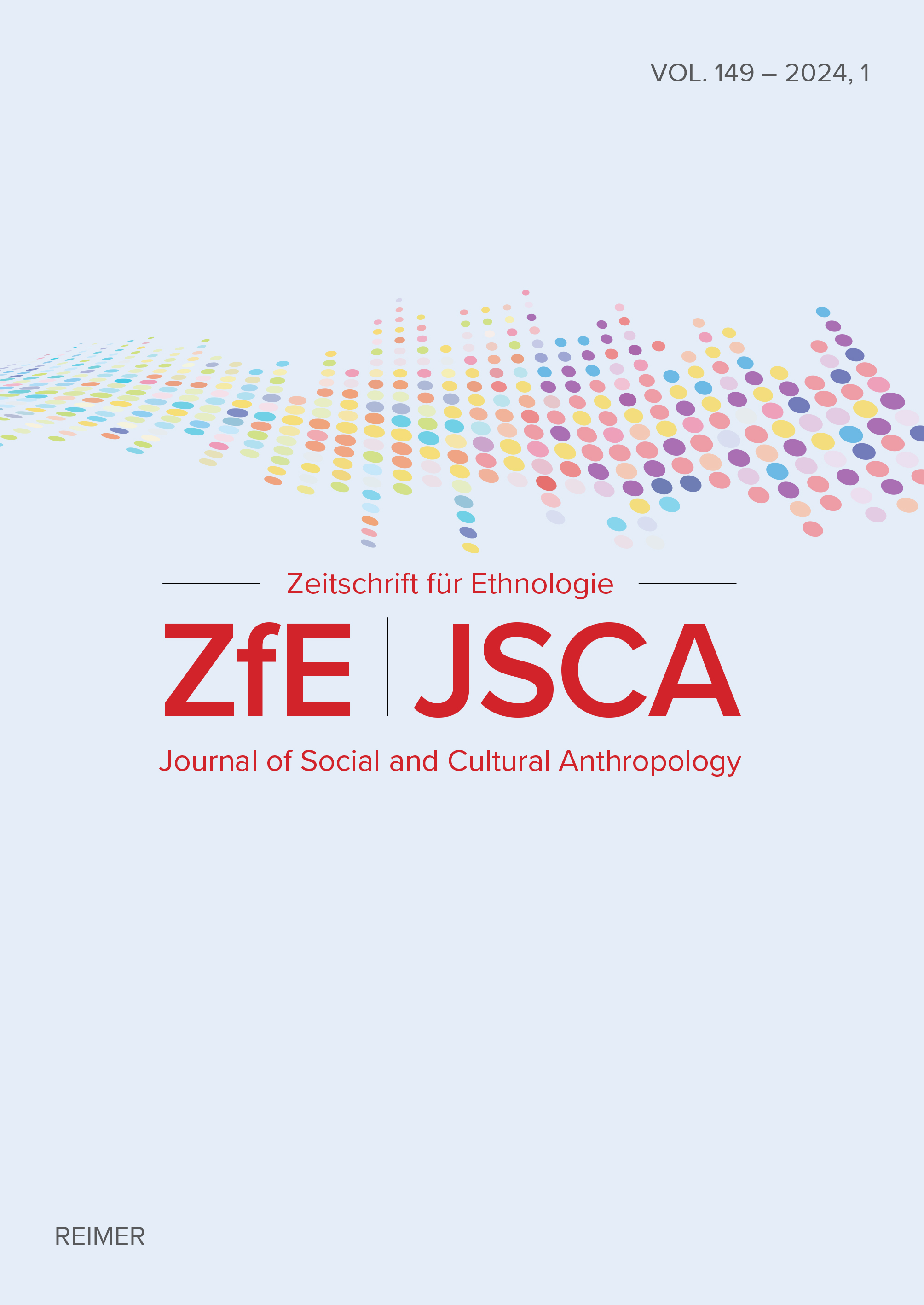From Context-Free to Aggregate Universality: Life Skills Courses and The Making of Automated Therapy in Bengaluru, India
Main Article Content
Abstract
This paper uses life-skills training courses and an automated therapeutic self-help app from Bengaluru, India, as lenses through which to investigate universalizing processes of psychology and therapy and some of its frictions. How is psychological universality achieved in these courses and in the app, and in so far as context comes to matter, how does it do so? We show that, in the case of the courses, universality is assumed to be bounded and context-free, while in the case of the app it is ‘aggregated’. Thus, the different ways in which achieving the universal is aspired to in these two cases is linked to a shift in the meaning of ‘context, which is bracketed in the first case and operationalized in the second. In the former, it is a cultural feature to be silenced or reduced; in the latter, it is the generative material of the aggregate universal itself. While in life-skills training courses universality is assumed to be free of context, automated therapy is pragmatic and assembles context to generate what we call ‘aggregated universality’.
Article Details

This work is licensed under a Creative Commons Attribution-NonCommercial-NoDerivatives 4.0 International License.

